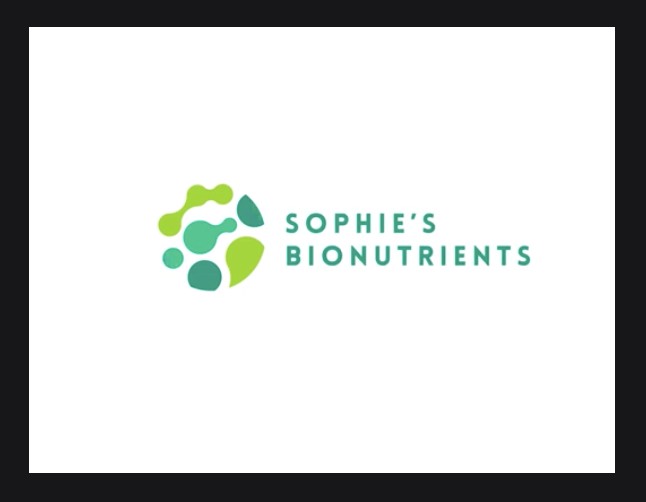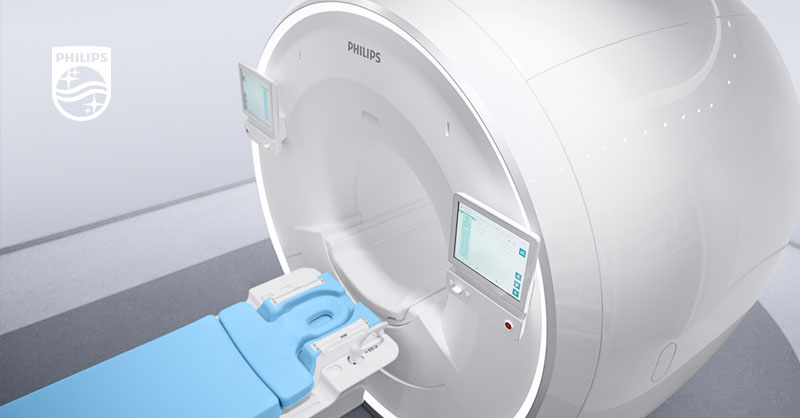The world population is estimated to hit 10 billion by 2050, and Sophie’s Bionutrients is fermenting a sustainable future with microalgae to address global demands.
This World Population Day, Sophie’s Bionutrients (https://sophiesbionutrients.com/), a Singapore-based next-generation sustainable urban food production technology company, advocates for and promotes fair and sustainable food systems across the globe in the backdrop of a rapidly growing global population in a pandemic era.
Covid-19 may have exposed the fragility of our food systems, but the root cause has been years in the making. According to the International Food Policy Research Institute’s Global Food Policy Report 2021, three billion people could not afford a healthy diet before COVID-19.
However, this number is estimated to rise by 267.6 million between 2020 and 2022 due to the disruptions in supply and lack of access to proper storage of fresh, healthy food and lowered disposable income brought about by the pandemic and lockdown measures.
This effect is particularly pronounced in low and middle-income countries. Due to the unaffordability and perishability of fresh, healthy food, many have turned to ultra-processed food high in sugar, salt and saturated fats as an alternative.
In what is termed a “nutrition transition”, the upsurge in low quality, nutrition-deficient diets is matched with a dramatic increase in nutrition-related non-communicable diseases (NCDs) and a ten-fold increase in obesity in four decades.
Sophie’s Bionutrients co-founder and CEO Eugene Wang said the current global food system is not fit for purpose. “If the population is to grow at the rate expected by the World Economic Forum, the more difficult it will be to access affordable, healthy and nutritious food. Not to mention meet sustainable development goals. It is only with COVID-19 that the world is waking up to the fact that we are underinvested in food and agriculture technology,” said,” Eugene Wang.
Eugene Wang also said unlike other industries, the global food industry cannot be business-as-usual. “From companies to policymakers, all stakeholders must reform the food system to become more resilient and sustainable. We need to rethink how we can resolve the triple challenge of food security, nutrition and population growth while ensuring food production is environmentally sustainable. This is what we are working towards at Sophie’s Bionutrients. While the global potential of micro-algae protein is massive, its environmental footprint is not. For this reason, we believe micro-algae is the superfood of the future,” said Eugene Wang.
Micro-algae protein – the superfood of the future
Sophie’s Bionutrients is enhancing sustainable food security for urban areas by scaling up the production of low-cost food-grade protein through the fermentation of micro-algae from food waste in bioreactors. Establishing micro-algae as a new food and feed platform would complement traditional agriculture to address global demands in a more efficient and environmentally sustainable way.
Only 0.02 hectares of land, or half a basketball court, are needed to produce a tonne of micro-algae protein compared to five hectares and 141 hectares required to produce the same amount of soy and beef.
Additionally, micro-algae protein needs only three to 10 days to harvest, while soy and beef require 65 and 540 days, respectively. Unlike meat, micro-algae – which uses a fraction of the space – is also scalable, which is essential to rapidly urbanising societies with limited land resources.
There is versatility around the use of micro-algae protein. It offers the possibility of developing textured alternative protein concentrate for a variety of food applications as well as meat and seafood substitutes.
Sophie’s Bionutrients is the world’s first food tech company to use microalgae and patent-pending technologies to develop 100% plant-based and sustainable alternative protein.
Just this year, they have announced the world’s first plant-based burger patty made from micro-algae and the world’s first pure micro-algae-based milk replacement and collaborated with Hsin Yung Tang on plant-based rice dumplings for Dragon Boat Festival. Other products in the pipeline include crab cakes and protein crackers.
Furthermore, research on micro-algae has shown that its metabolites, or by-products of the fermentation process, include valuable bioactive compounds with various therapeutic compounds. Metabolites of interest such as carotenoids, phenolic compounds and vitamins are well-known for their antioxidant properties.
Depending on the different species of micro-algae, other high-value bio compounds with anti-inflammatory, anti-microbial, anti-viral, anti-cancer, and anti-obesity properties can also be extracted.
Sophie’s Bionutrients, a B2B food technology company, is on a mission to unleash the limitless possibilities of nature, restore our planet and eliminate food allergies. It aims to achieve this by creating plant-based, protein-rich alternatives to meat and seafood using microalgae, the mother of all food and plant life.
In 2019, Sophie’s Bionutrients won an SGD 1 million grant from Temasek Foundation The Liveability Challenge. Sophie’s Bionutrients is a Foodtech 500 startup and winner of the MassChallenge 2020 and will open its first urban protein production facility in Singapore in 2021.





